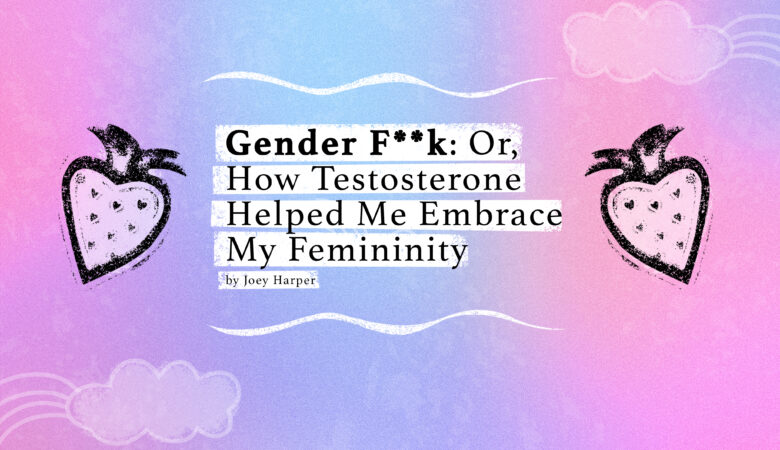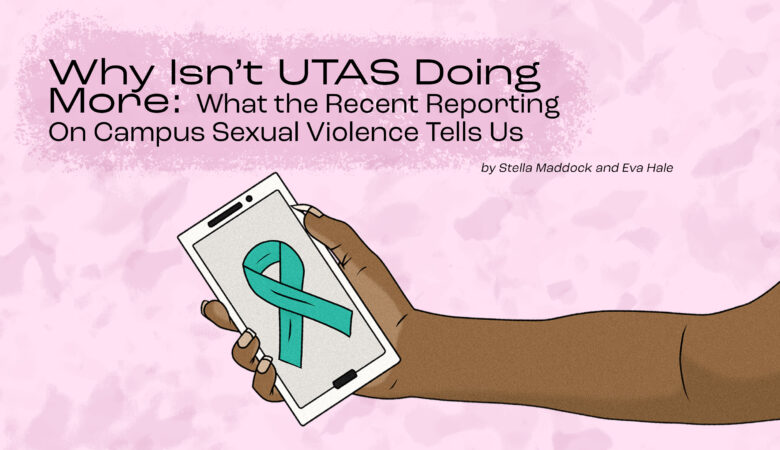More and more, I am noticing how much the burden of being environmentally conscious falls on the shoulders of women, and how much of an impact this has on our daily lives.
Most of the eco-friendly swaps promoted as being easy and accessible are swaps that occur in the home: recycling, composting, alternatives for plastic wrap, ethical and sustainable cleaning and household products; the list goes on and on. Where things are concerned with domestic labour, of course, they usually become the jobs of women; women still bear a disproportionate amount of the domestic load. The Australian Institute of Family Studies reported in 2020 that, of couples surveyed, 42 per cent said that women always or usually did household tasks, compared to 10 per cent saying that men always or usually did household tasks. Similarly, the Australians Bureau of Statistics reported in 2021 that 62 per cent of women spent at least five hours per week on unpaid housework, compared to 35 per cent of men. If being eco-friendly occurs in the home, statistics show that it is most likely women who are doing it.
I am not alone in noticing a gap in the way men and women are expected to handle the climate crisis; a study undertaken by British market research company Mintel in 2018 found that 71 per cent of women are making conscious steps towards more ethical living, as opposed to just 59 per cent of men. Women were also more committed to recycling, turning down/off the heating when not in use, water conservation and composting. Mintel termed this phenomenon the “eco gender gap.” It has been proven that, statistically speaking, men care less about the environment than women. Is this because so much of environmental messaging is geared towards women?
Fashion is another area in which we see women being expected to make environmentally conscious decisions, and shamed if they don’t. I have found myself guilty of this in the past; on finding out that a friend’s cute outfit was from H&M or Shein, I have instantly filed that information away, judging that person for their apparent lack of concern for the environment.
Why have I never asked men the same question?
A man is praised for simply being able to dress himself half-decently; he will never be quizzed on the sustainability or ethicality of his clothing. Of course, this is not to justify the excessive consumption of fast fashion we see today—indeed, it is an evil industry that contributes to pollution, waste, poverty, human rights abuses and more. I am only asking, why are men not held to the same standard as women?
Moreover, sustainable clothing choices are almost always more expensive, meaning they are inaccessible to a large portion of the population. A reliance on sustainable clothing perpetuates the shaming of lower socio-economic people. There is op shopping, of course, but this is often difficult for time-poor people—we have already seen that a disproportionate amount of women’s time is taken up by domestic labour. Many are simply unable to scour second hand shops for clothing appropriate for their workplace/lifestyle.
In our fight against the destructive fast fashion industry, we must be wary of these factors.
These examples are just a few of the countless ways in which women’s decisions are interrogated and shamed. We have been raised to feel as if our actions are constantly being scrutinised and questioned, which has led to our internalisation of these watchful eyes. A simple trip to the supermarket becomes an endless exercise in: am I doing enough for the planet? How much single-use plastic am I buying? Is my makeup in recyclable or reusable containers? Where does my produce come from? How can I buy sustainably without breaking the bank?
Environmentally friendly behaviours also often take up a lot of time: hand washing my period undies in the sink, or boiling and cleaning my reusable menstrual cup; reading the backs of cleaning products in the supermarket to see which are utilising scarily convincing greenwashing tactics, and which are actually better for the planet; cooking meals ahead to avoid buying plastic-packaged lunches; researching and finding reef-safe sunscreen.
These behaviours take time—time which men (who are not placed under such intense scrutiny) are free to use at their leisure.
This eco gender gap calls to mind the dominant image of women as carers and nurturers, even of the planet. In western conceptions of the world—so much of which are built on binary conceptions such as men over women, culture over nature—both women and nature are placed as inferior to men. Connections are then drawn between women and nature; think of the common idea of “mother nature,” a caring and motherly figure who encompasses the planet and its inhabitants. As ecofeminist philosopher Val Plumwood writes, “women’s inclusion in the sphere of nature has been a major tool in their oppression.” This oppression extends to unequally gendered expectations around climate change activism. If nature is a woman, it is no surprise that other women are called upon to care for her. When a woman cares for her child, she is doing what is expected of her. When a man cares for his child, he is praised and admired for being such a hands-on dad. Society has never expected men to be nurturing, so it is no surprise that they are not expected to care for the environment.
Men make up over half of the entire population. We are all facing this climate crisis. When will they be held accountable?
References
“The eco gender gap: 71% of women try to live more ethically, compared to 59% of men.” Mintel, 27 July 2018, https://www.mintel.com/press-centre/the-eco-gender-gap-71-of-women-try-to-live-more-ethically-compared-to-59-of-men/. Accessed 23 March 2023.
“Towards COVID normal: Sharing of housework in couple families.” Australian Institute of Family Studies, September 2021, https://aifs.gov.au/research/research-reports/towards-covid-normal-sharing-housework-couple-families. Accessed 22 March 2023.
“Women spent more time than men on unpaid work in May.” Australian Bureau of Statistics, 16 June 2021, https://www.abs.gov.au/media-centre/media-releases/women-spent-more-time-men-unpaid-work-may. Accessed 22 March 2023.








